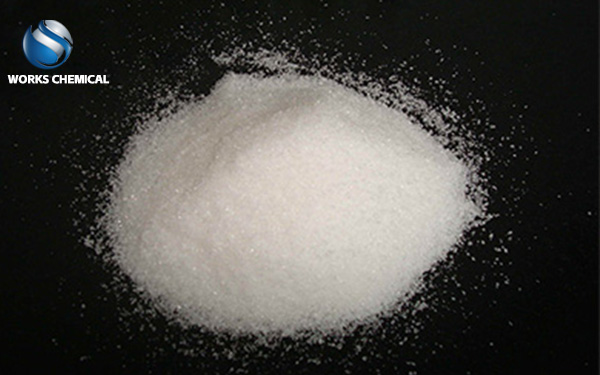
With the development of cities and the increase of population, sewage treatment has become an important environmental protection work. In the process of sewage treatment, the treatment of sludge has become a problem that cannot be ignored. Sludge contains a lot of organic matter and heavy metals, if not after sludge conditioning directly discharged, will cause serious pollution to the environment.

In order to protect the environment and enable municipal sludge to meet discharge standards, deep dehydration has become an important solution. So, how can municipal sludge achieve deep dehydration and meet discharge standards?
First of all, it is very important to choose the appropriate auxiliary measures to increase the dehydration effect, such as: sludge conditioner can be added in the dehydration process to improve the structure of the sludge and increase its solid content. At the same time, using mechanical extrusion, pyrolysis and other means to make the sludge more easy to dehydrate, improve the dehydration effect.
The main components of sludge conditioner are inorganic compounds, sludge surface structure modifier, degreaser, wall breaking agent, sludge surface treatment agent, sludge stripping agent, etc. The sludge conditioner is used in combination with the plate and frame type mud press, and the sludge conditioner can make the water content of the sludge from 90% to 35% to 50%, which can fully realize the sludge reduction.
If there is no effective chemical conditioning and modification, the sludge can no longer be deformed after being squeezed to a certain extent, and it is difficult to combine the water pressure under great pressure. On the basis of effective conditioning, high pressure can speed up the dehydration rate and improve the dryness after pressing. After the sludge is conditioned, the pressure of about 1.0MP is injected into the filter chamber of the filter press, which is conducive to efficient filtration of free water in the sludge.
At present, there are many kinds of dewatering equipment on the market, such as filter press, centrifuge, belt dehydrator and so on. In the selection of equipment to take into account the nature of the sludge, water content and processing capacity and other factors, the selection of suitable equipment will improve the dehydration effect.
In order to ensure that the dehydrated sludge meets the discharge standards, follow-up treatment is also required. The dehydrated sludge can be treated harmlessly by incineration, composting, etc., thus reducing environmental pollution. At the same time, resources such as organic matter and heavy metals can also be recycled to realize the recycling of resources.